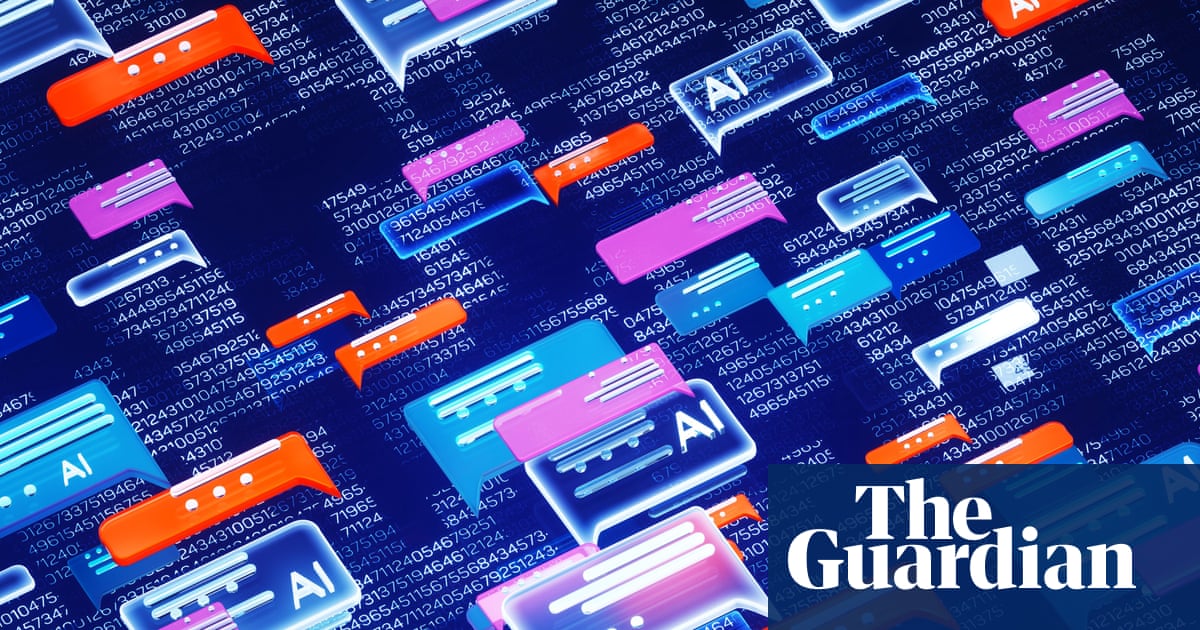World is ill-prepared for breakthroughs in AI, say experts

🌈 Abstract
The article discusses the concerns raised by a group of senior AI experts, including two "godfathers" of AI, about the world's lack of preparedness for breakthroughs in artificial intelligence. They warn that governments have made insufficient progress in regulating the technology, and that the shift by tech companies to autonomous systems could "massively amplify" AI's impact.
🙋 Q&A
[01] Recommendations by AI Experts
1. What are the key recommendations made by the group of AI experts?
- The experts recommend that governments establish safety frameworks that introduce tougher requirements as the technology advances rapidly.
- They call for increased funding for newly established bodies like the UK and US AI safety institutes.
- They suggest forcing tech firms to carry out more rigorous risk-checking.
- They recommend restricting the use of autonomous AI systems in key societal roles.
2. Who are the experts that co-authored the proposals? The experts include:
- Geoffrey Hinton and Yoshua Bengio, two of the three "godfathers of AI"
- Yuval Noah Harari, the bestselling author of Sapiens
- Daniel Kahneman, a Nobel laureate in economics
- Sheila McIlraith, a professor in AI at the University of Toronto
- Dawn Song, a professor at the University of California, Berkeley
[02] Concerns about AI Advancements
1. What are the key concerns raised by the experts about the rapid progress in AI?
- Advanced AI systems could help cure disease and raise living standards, but also carry the threat of eroding social stability and enabling automated warfare.
- The shift by tech companies to developing autonomous systems poses an even greater threat, as increases in capabilities and autonomy may soon "massively amplify" AI's impact, leading to large-scale social harms, malicious uses, and an irreversible loss of human control.
- Unchecked AI advancement could lead to the "marginalisation or extinction of humanity".
2. What are the examples of recent advancements in AI mentioned in the article?
- OpenAI's GPT-4o, which can carry out real-time voice conversations
- Google's Project Astra, which can use a smartphone camera to identify locations, read and explain computer code, and create alliterative sentences
3. What is the term used to describe the next stage in development for commercial AI? The term used is "agentic" AI, which refers to systems that can act autonomously and carry out tasks such as booking holidays.
[03] Responses from Governments and Tech Companies
1. How have governments and tech companies responded to the concerns raised by the experts?
- A global AI safety summit at Bletchley Park in the UK last year brokered a voluntary testing agreement with tech firms including Google, Microsoft, and Meta.
- The EU has brought in an AI act, and in the US, a White House executive order has set new AI safety requirements.
- However, the experts argue that the current governance initiatives lack the mechanisms and institutions to prevent misuse and recklessness, and barely address autonomous systems.
- A UK government spokesperson disagreed with the experts' assessment, stating that the AI Seoul summit this week will play an important role in advancing the legacy of the Bletchley Park summit and will see companies update world leaders on how they are fulfilling the commitments made at Bletchley to ensure the safety of their models.